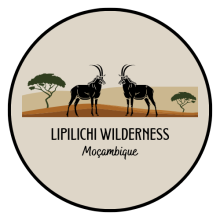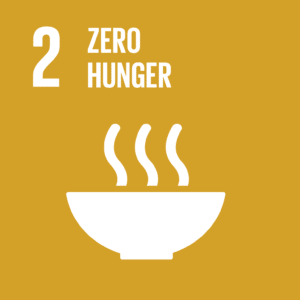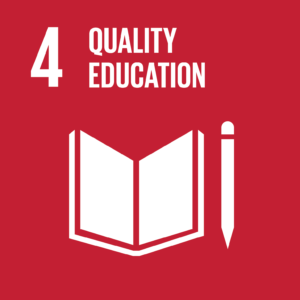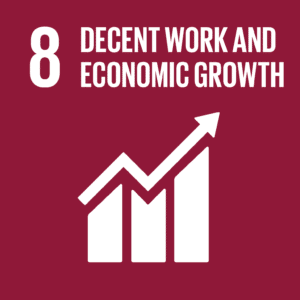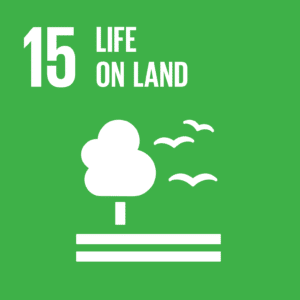Strengthening the climate resilience of agriculture and local communities in Chipanje Chetu
Enhancing resilience against food insecurity
Agriculture is the primary economic activity for local communities in Chipanje Chetu in Mozambique. However, due to a growing population and climate change, agricultural yields have become uncertain, while the demand for food and fertile land continues to rise.
This situation forces the communities in Chipanje Chetu to resort to deforestation, sacrificing their long-term development to meet their basic needs. Farmers are cutting down trees and burning vegetation to gain access to fertile land. These agricultural practices pose a threat to the Miombo forest ecosystem and biodiversity, largely due to a lack of effective fertilizers and agricultural technology.
Designing a land-use plan with climate-smart agricultural practices
The Chipanje Chetu Natural Resource Committee (COGECO) will be supported in designing a land-use plan for Chipanje Chetu. This plan will include clear guidelines for the sustainable management of resources, allocating specific areas for agriculture and harvesting while protecting the core areas of the forest. To map the current state of land use, land cover in the area will be monitored using remote sensing techniques.
Additionally, local communities will be supported in adapting to climate change by promoting climate-smart agricultural practices. In collaboration with the local government university Uniloro, research will be conducted on the agricultural needs and practices in the region. Based on these insights, workshops on climate-smart agriculture will be organized. During these workshops, ambassadors will be selected to manage demonstration plots and welcome other community members on their farms, allowing them to experience the benefits of climate-smart agriculture firsthand.
By promoting climate-smart agriculture, the communities in Chipanje Chetu can sustainably improve their agricultural production while also enhancing their resilience against food insecurity. These techniques lead to better soil fertility and productivity, which will reduce the need for deforestation.
Thus, the transition to climate-smart agriculture, combined with the development of an efficient land-use plan, contributes to the protection of the Miombo forest.
Want to know more about this project?


